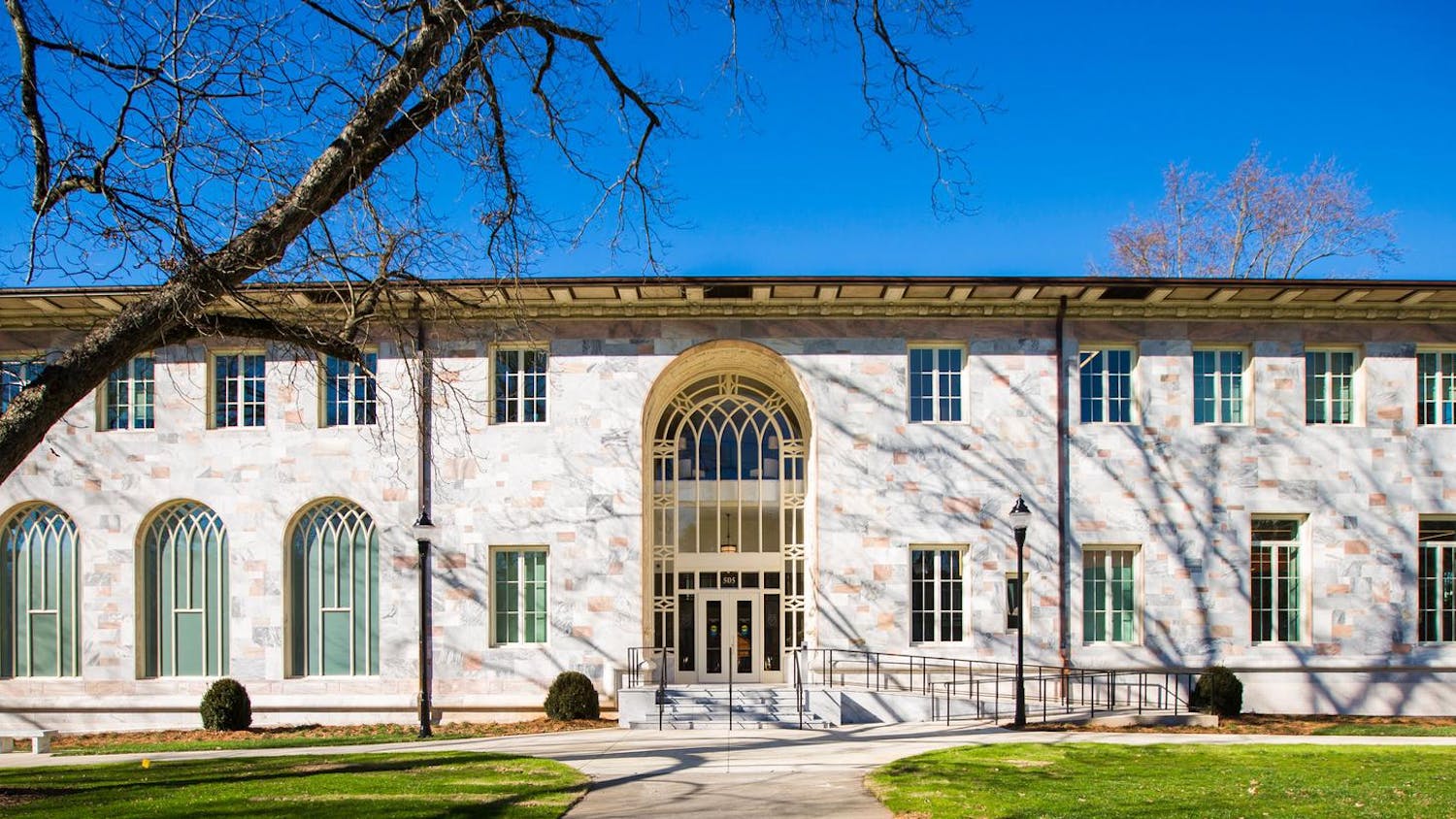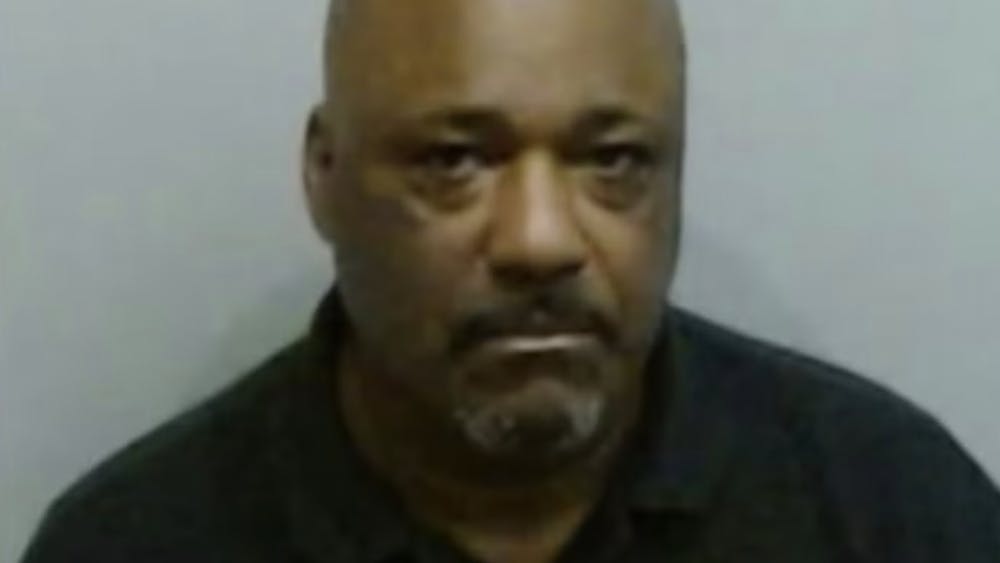While the 2008 presidential election between Barack Obama and John McCain featured record-breaking levels of student involvement, many Emory students have expressed varying degrees of apathy toward the upcoming election.
While 78 percent of young adults ages 18-29 reported that they would "definitely vote" in 2008, only 58 percent of people in the same age bracket reported they would definitely vote in the upcoming November election, according to a July Gallup Poll.
In a series of interviews with the Wheel, some students are excited to see the outcome of the election but lack faith in Obama's ability to solve America's economic troubles and an aversion to the prolonged mudslinging prevalent in both campaigns.
Others have simply expressed a general disillusionment towards the Nov. 6 election due to a lack of enthusiasm for either candidate.
A majority of the students interviewed were most concerned with the deep economic trouble that they believe is currently affecting the country. They said that they would support the candidate that they felt had proposed the most efficient solution to these financial troubles.
College freshman Joe Gerth, who voted for Ron Paul during the Republican primaries in Georgia, was one of several students who noted that they plan to vote for Romney in November because of his economic plan.
This plan would cut government spending, a measure that would therefore lessen America's vast budget deficit, according to Gerth.
"I like how Romney's approaching our economic problems from a very different angle from Obama," College sophomore David Bailey said,
Bailey added that he agrees with Romney's plan to jumpstart the economy through government spending and tax cuts.
"I think he's the welcome change our government needs in such a pivotal election," he said.
However, other College students have demonstrated support for Obama due to what they feel is his empathy with the middle class.
College freshman Roberto Bazan said he agrees with Obama's plan to cut taxes for the middle and lower classes as well as his open-mindedness towards immigration, in particular.
"Mitt Romney expresses ideas on how to better the middle class, but doesn't take into account the struggles and hardships of the lower and middle class," Bazan said. "Obama focuses on everyone, not just the upper class."
Some students questioned whether the either of the financial plans could adequately reverse the financial struggles of businesses, industries and families across the country.
Students have also remarked that they plan to vote for Obama based on his stance on social issues.
One College junior who requested anonymity said she supports Obama because she feels he needs four more years to continue improving the economy and enforcing policies that would lead to social change.
But not everyone is so keen on Obama having four more years. College freshman Jack Lubin said that while he considers himself socially liberal, he will vote for Romney because he feels the strengths of Romney's economic policies outweighs any parts of Romney's platform that he dislikes.
"I made my decision about who to vote for more based on the fact that I disagree with Obama more than I disagree with Romney," Lubin commented.
Bazan described his feelings towards choosing a candidate as "picking the lesser of the two evils," which is why he plans to vote for Obama.
"I don't think that any president could have changed the economic situation any better than Obama did, but he still needs to get some change going for people to really trust him and his policies," he said.
Several students have pointed out that both candidates have used intensely negative campaign ads and attacked aspects of the others' personal lives. Such moves detract from the actual political issues at hand, they say.
College sophomore Lindsay Falkenberg said she feels that recurring negativity in campaign ads has deterred candidates from offering specific details about their policies and bred an atmosphere of negativity and distrust.
This environment, she said, led voters to trust neither candidate, especially in her home state, Ohio, which also happens to be a swing state.
"I think political discourse is really important, but the campaign has taken an extreme turn," she said. "The disrespect shown by the candidates toward each other is disheartening and a waste of time."
While students are lining up behind both candidates, many do not feel particularly inclined towards voting for either candidate and will base their decisions on the candidate they dislike the least.
– By Anusha Ravi
Read More




